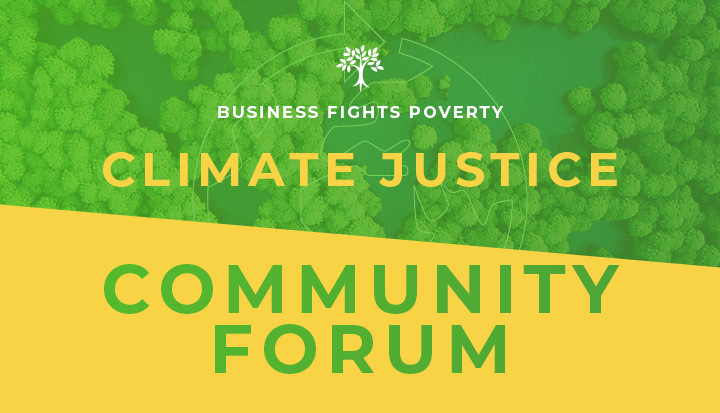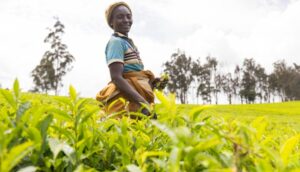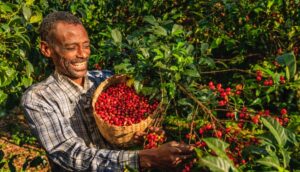Ethnic communities living in remote areas are not only geographically isolated, they are technologically isolated too – that’s what I thought while going to the hilly part of Bangladesh lately. And I was wrong!
I was visiting Bolipara – a remote place in the Chittagong Hill Tracts (CHT) of southern Bangladesh, a region famous for its hills, rivers and forests. With 13 ethnic groups, cultural diversity is also an attraction.
 While talking with the Khumi, the Tripura and the Marma ethnic communities separately, I asked them to tell me three things that they were happy to have. Water points, treatment from local traditional healers, and schools were mentioned by more than one group. These were logical choices given the water, health and literacy related challenges they often face even at the end of the MDG-era. To my surprise, the other two things made them happy were mobile phone and solar home system.
While talking with the Khumi, the Tripura and the Marma ethnic communities separately, I asked them to tell me three things that they were happy to have. Water points, treatment from local traditional healers, and schools were mentioned by more than one group. These were logical choices given the water, health and literacy related challenges they often face even at the end of the MDG-era. To my surprise, the other two things made them happy were mobile phone and solar home system.
I calculated that there was roughly one mobile phone for 12-16 people in Bolipara. Maintaining a mobile phone in Bolipara is, however, a big challenge. To top-up your credit, you may have to walk up to 9 km to the nearest market. Since there is no electricity supply from the national grid, you also need a solar system in your house or at least in your village to charge your phone. Although mobile phones are cheap (as low as $30), solar home systems are not (minimum price $350). So, solar panels on the thatched roofs of quite a few traditional houses made me happy.
In this age of ICT and renewable energy, I was very pleased to see ethnic people of the CHT were no longer technologically isolated and were improving their lives with advanced technologies. This is what Technology Justice is all about!
 (A quick note: Technology Justice can be defined as the right of people to decide, choose and use technologies that assist them in leading the kind of life they value without compromising the ability of others and future generations to do the same.)
(A quick note: Technology Justice can be defined as the right of people to decide, choose and use technologies that assist them in leading the kind of life they value without compromising the ability of others and future generations to do the same.)
But, by living in one of the poorest areas of the country, how are the people of Bolipara paying for solar home systems? In fact, unprecedented blanket cultivation of tobacco in this formerly forested area is allowing them to earn quick, good cash from large companies. Tobacco may be destroying the local environment and traditional agro-systems; it is also supporting good investment in technologies to make traditional life comfortable.
This recent technological transformation of Bolipara represents a complex interaction among culture, poverty, private sector, environment and technology. Development is about making balanced choices. When the gap between the haves and the have nots is vast, it is often hard to advise the poor what they should do and shouldn’t do to make their lives better. Fighting technology injustice is tough, but achieving technology justice is probably tougher.
Haseeb Md. Irfanullah leads the Disaster Risk Reduction and Climate Change Programme of Practical Action in Bangladesh. He is available at ha***************@pr*************.bd
This blog was previously published on Practical Action Bangladesh and is reproduced with permission.










